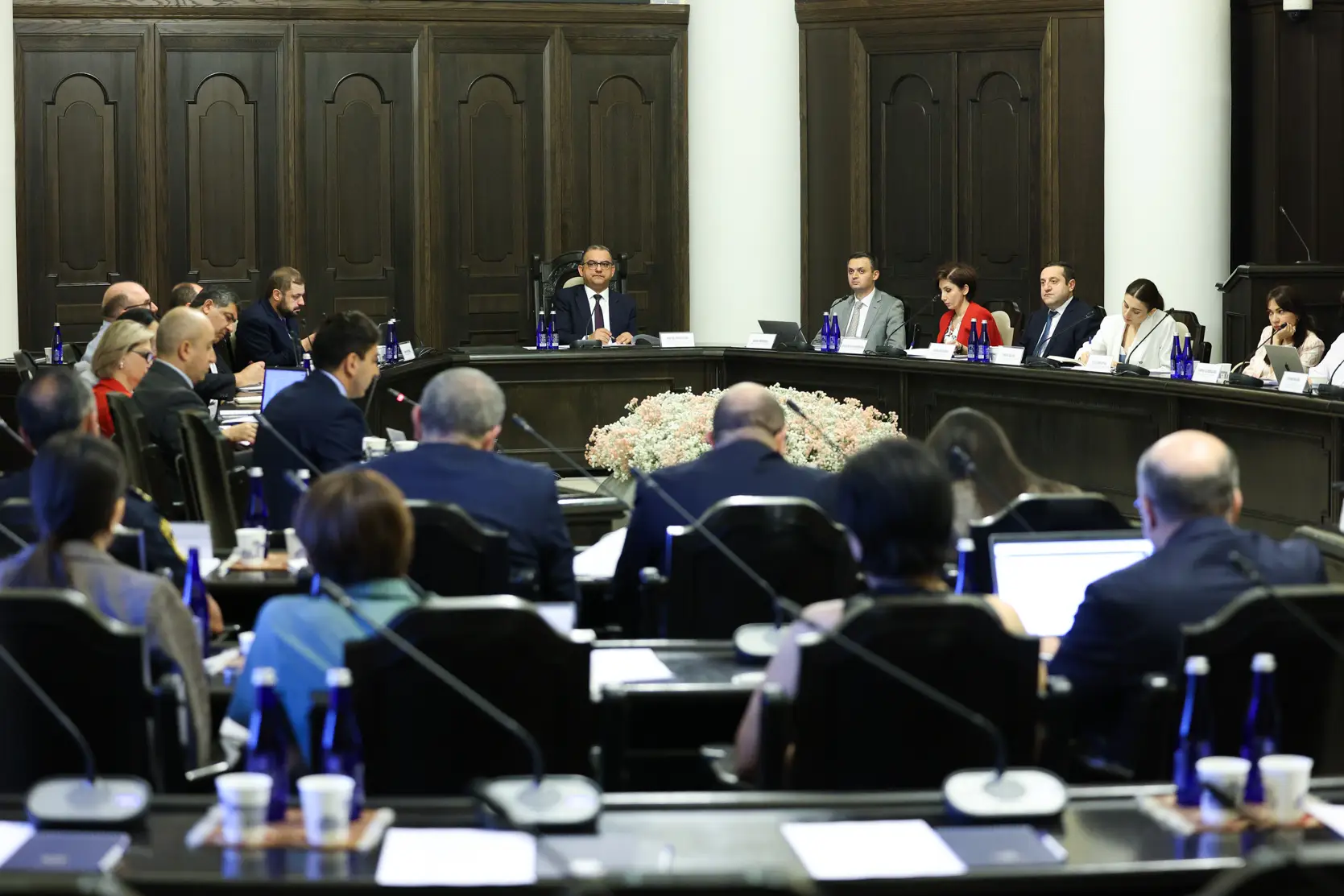19th June 2024
Deputy Prime Minister Tigran Khachatryan led the SME Development Council session
Other
Council Meetings

SME Development Council, led by Deputy Prime Minister Tigran Khachatryan, convened to address significant developments and reforms aimed at developing the business environment for small and medium enterprises in Armenia.
Hovsep Patvakanyan, the head of the Investment Council of Armenia (ICA), presented detailed information about newly adopted reforms. Key highlights included a plan to attract new employees to the manufacturing industry, a new law regulating the relationship between retail chains and suppliers that came into force in May, and the introduction of SAFE (Simple Agreement for Future Equity) agreements into Armenian legislation. Additionally, he discussed ICA’s informational outreach efforts, which involved visits to the Shirak, Lori, Tavush, and Gegharkunik regions, as well as Yerevan, to make information about these reforms and new programs accessible to hundreds of businesses.
Deputy Prime Minister Khachatryan emphasized the importance of disseminating information about these reforms through various channels to make them more accessible to the public. He also stressed the need for monitoring activities to accurately assess the effectiveness of the reforms and ensure continuous development.
Patvakanyan further detailed the status of current reforms. These included setting a lower fine for violating cash register rules, a new law on option contracts, the introduction of legal regulations for financing (factoring) contracts based on the concession of monetary claims arising from purchase contracts, and the review of certain technical requirements for educational institutions. The Deputy Prime Minister provided specific instructions for the finalization of these reforms.
The next item on the agenda was the possibility of introducing legal regulations for convertible loan agreements involving LLC shares or shares of joint-stock companies. The proposed regulations aim to standardize the decision-making process for such agreements and clarify the procedures for issuing shares based on these agreements. It was suggested that the conversion terms of the convertible loan should be defined at the time of signing the contract. Aram Khachatryan from the Enterprise Incubator Foundation emphasized that addressing this issue is crucial for the growth of Armenia's IT sector. Convertible debt/note plays a significant role in attracting investments for IT startups, making it an important focus for fostering development in this industry.
An initiative to reform bad debt write-off regulations was also discussed. The proposals included:
- Increasing the threshold from 100,000 drams to 300,000 drams.
- For cases worth between 300,000 and 2,000,000 AMD, the decision obtained by a notary should be considered a basis for recognizing the receivable as unreliable.
- For cases exceeding 300,000 AMD, it is also possible to recognize the debt as unreliable through arbitration.
Deputy Prime Minister Khachatryan instructed that meetings be held with relevant departments to reach an agreement on these amendments and specific provisions.
The Investment Council of Armenia is implemented by EBRD with support from the UK Government's Good Governance Fund.